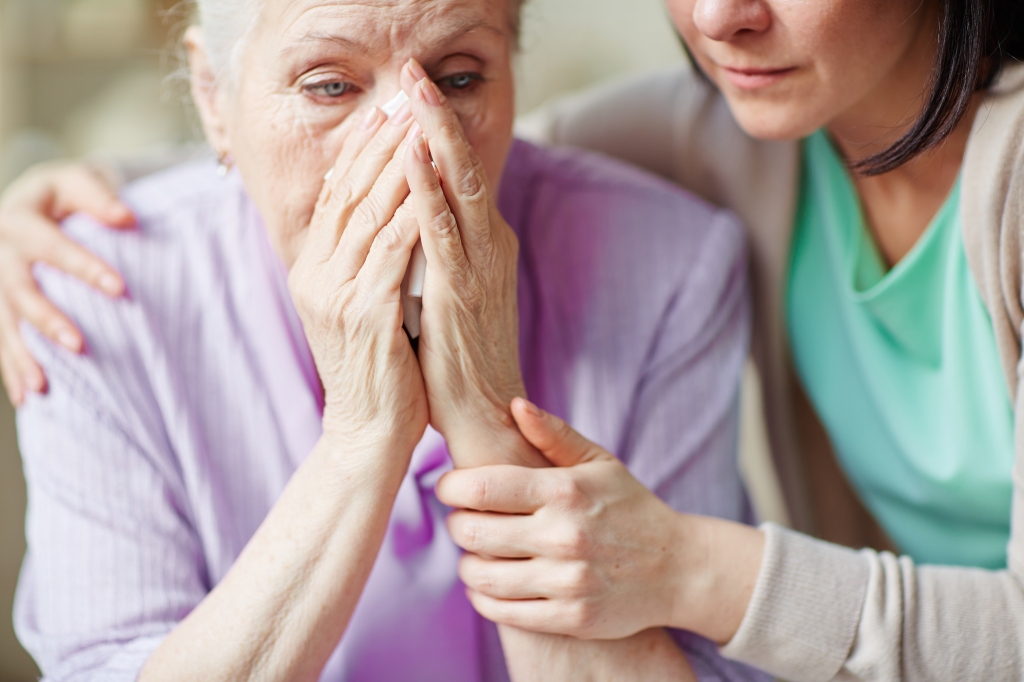
I was in San Francisco, thousands of miles from home, when Covid-19 first escalated. My thoughts immediately turned to those who relied on me for care. Then to the reality that I was in the “higher risk” category for people who might contract the virus.
What was I supposed to do? What kinds of plans should I set into motion “in case”? How could I best protect my loved ones and myself? I began to scramble to find answers.
The following information has been adapted from the Centers from Disease Control and Prevention. Most information applies generally to in-home family caregivers. Those caring for loved ones with dementia must remember that although dementia most likely does not increase the likelihood of infection, those with dementia are less able to protect themselves from the coronavirus; for instance, to wash their hands and comply with social distancing and other recommendations. For this reason, caregivers are responsible for extra diligence on behalf or loved ones with dementia.
General Tips
- Reinforce regular hand-washing and hygiene.
- Make arrangements for long-term drug refills.
- Isolate your loved one. Don’t allow them to go out of the house, and don’t allow visitors in. Keep track of any and all people who come into their presence in a notebook (date, name, time, duration of stay).
- Think ahead. Make alternative care plans for the person with dementia. Include adult care, therapies, respite, etc. that might be modified or cancelled in response to COVID-19.
- Make arrangements for an alternate caregiver in case the primary caregiver becomes sick.
- Ask if your loved one’s health care provider/s offer telehealth appointments.
- Stay updated daily about COVID-related information.
- Prepare a list of contact numbers: healthcare providers, family, friends, neighbors, drivers, teachers, employers, health department, and community resources.
- Watch for symptoms.

Household Checklist
- Stay updated daily about COVID-related information.
- Ask neighbors and friends about their plans and availability to help if needed.
- Prepare a list of local and online support organizations that can provide resources and information.
- Take preventative steps:
- Hand washing
- Social distancing
- Disinfecting surfaces
- Avoiding touching eyes, nose, and mouth
- Staying at home
- Limiting contact with others
Preparation to be sick
- Acquire a thermometer, fever meds, gloves, masks, gowns or robes, fluids that contain electrolytes
- Consider the unique care needs or your loved one. Do they require oxygen? Assistance to eat? Therapies and treatments? How would you accommodate them during an illness or quarantine?
- Prepare an isolation room in case someone becomes sick.
- Consult the CDC HOUSE CHECKLIST for a detailed list for preparing your home.
The healing power of music
Music has the power to lift spirits, stir recall, and stimulate interaction. According to the Alzheimer’s Foundation of America, music can “shift mood, manage stress-induced agitation, stimulate positive interactions, facilitate cognitive function and coordinate motor movements.” Play your loved one’s favorites: hymns, show tunes, big band, country-western—whatever they love. Music can be a positive influence in healing.
What about you?
How can we encourage others as we pull together during this soul-stretching challenge? Personally, I lean into the power of prayer and my faith in a personal, loving God. I also prepare in practical ways, while making time for people.
What about you? How are you preparing? And what are you doing to remaining positive along the way? I’d love to hear from you.
Blessings and prayers,
Shelly
 Photo Credit: Pixabay
Photo Credit: Pixabay


 People with
People with 




